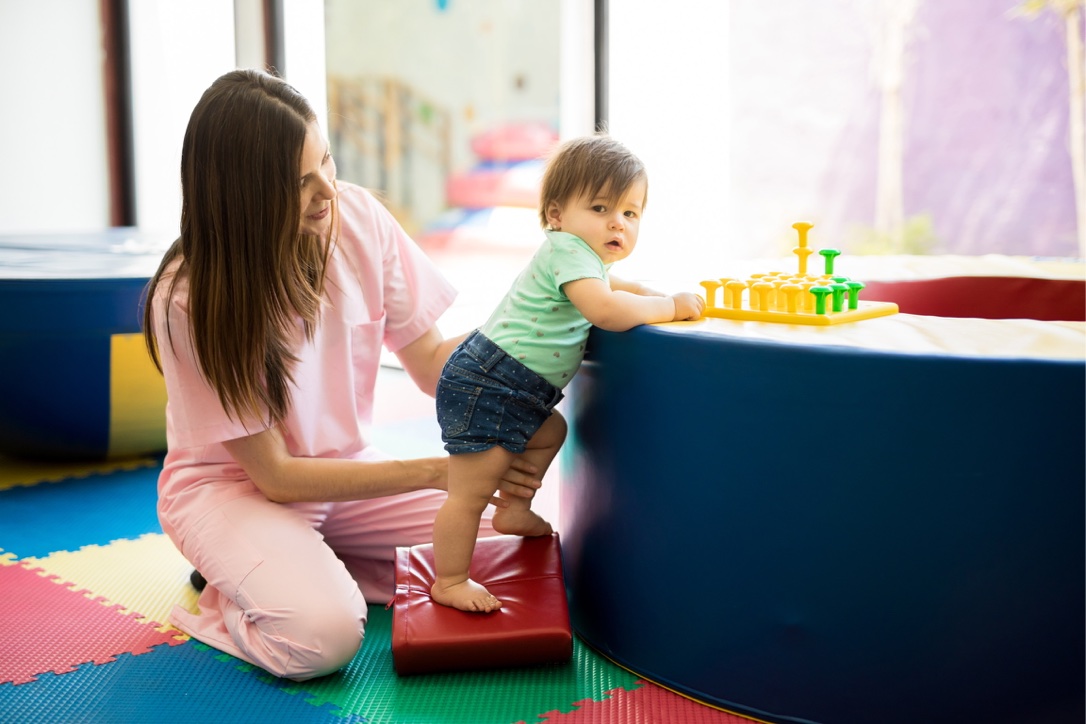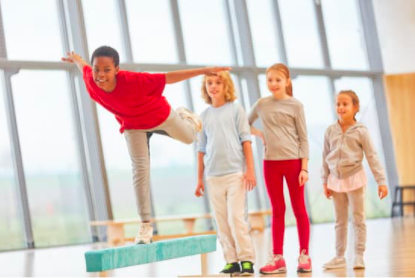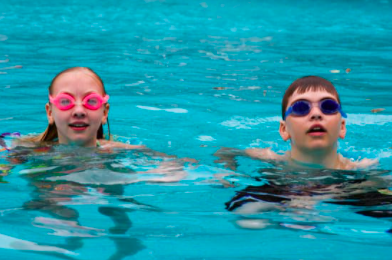Low Muscle Tone – what is it, and what does it mean for my child?
What is Muscle tone? Muscle tone refers to the amount of underlying tension in a muscle. It describes how much tension is in a muscle when it is relaxed. What happens when it is low tone? In children, low muscle tone is used to describe when an infant...







